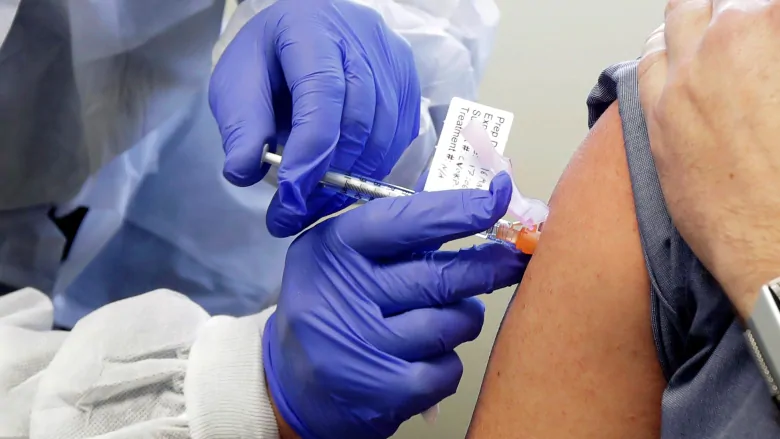A hacker group “almost certainly” backed by Russia has tried to steal COVID-19-related vaccine research in Canada, the U.K. and the U.S., according to intelligence agencies in all three countries.

A hacker group “almost certainly” backed by Russia is trying to steal COVID-19-related vaccine research in Canada, the U.K. and the U.S., according to intelligence agencies in all three countries.
The Communications Security Establishment (CSE), responsible for Canada’s foreign signals intelligence, said APT29 — also known as Cozy Bear and the Dukes — is behind the malicious activity.
The group was accused of hacking the Democratic National Committee before the 2016 U.S. election.
APT29 “almost certainly operates as part of Russian intelligence services,” the CSE said in a statement released Thursday morning in co-ordination with its international counterparts — an allegation the Kremlin immediately denied.
“These malicious cyber activities were very likely undertaken to steal information and intellectual property relating to the development and testing of COVID-19 vaccines, and serve to hinder response efforts at a time when health care experts and medical researchers need every available resource to help fight the pandemic,” the CSE statement says.
APT29 “is likely to continue to target organizations involved in COVID-19 vaccine research and development, as they seek to answer additional intelligence questions relating to the pandemic,” said a joint assessment from the CSE, the United Kingdom’s National Cyber Security Centre and the National Security Agency in the U.S.
When asked if the malicious hits were successful and which facilities in Canada were targeted, a spokesperson said the CSE is generally “not able to comment on, or confirm details about specific cybersecurity incidents.”
WATCH: U.K. condemns Russia for cyber attacks on COVID-19 vaccine developers
U.K. Foreign Secretary Dominic Raab said it was ‘pretty appalling’ of Russia to be involved in the cyberattacks on Britain, Canada and the U.S. 0:36
In response to CBC’s inquiries, CSE spokesperson Evan Koronewski di

